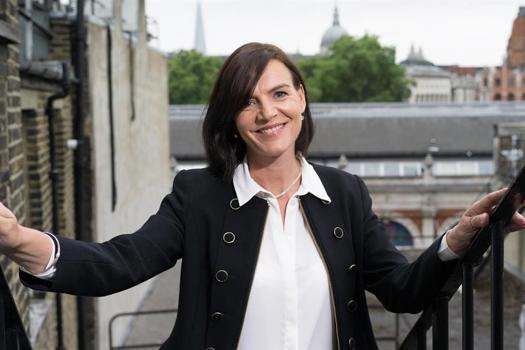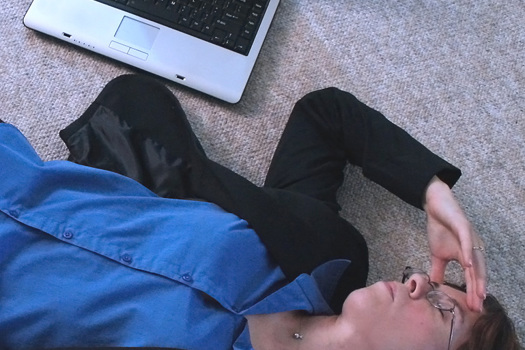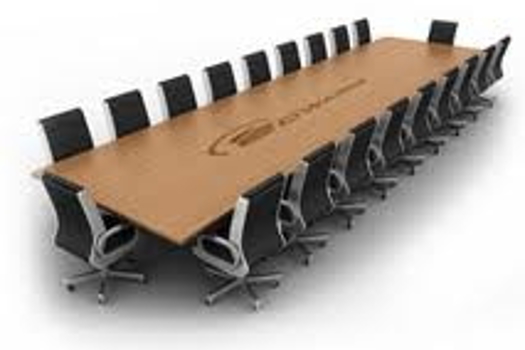It is HR’s responsibility to ensure that employees understand critical thinking, according to Jon Hull, head of resourcing at construction firm Carillion.
“From an organisational perspective, HR can create frameworks and environments for this learning to take place,” Hull told HR magazine. “The most important element is having a coaching-led culture that puts humility and the ability to take risks at its core.”
He added that HR professionals should also ensure their own critical thinking skills are well developed.
“Having a broader understanding of what people are saying or thinking in the business means that an HR professional can engage and challenge assumptions,” he said. “This is a critical part of being a trusted adviser.”
Training platform Macat, which is researching critical thinking skills with Cambridge University, has defined critical thinkers as those who listen to criticism, can expose fallacies, and think for themselves.
Speaking at the Macat Critical Thinking Summit 2015, the company’s chief research and development officer Mike Dash said anyone has the ability to develop these skills. “Critical thinking skills are now almost universally regarded as teachable,” he said.
“It is vital that critical thinking be elevated from its current position as a skill that is either assumed to be taught innately, or if taught explicitly, is not taught well.”
Lancaster University professor and dean Tony McEnery said critical thinking is key to business and technology.
“If business had not engaged with critical and creative thinking the world we live in today may look very different indeed,” he told HR magazine. “Consider speech recognition. This is now commonplace through services such as Siri. But if researchers at IBM in the late 1970s had not thought critically and creatively we would only be talking into, not to, our smartphones today.”
The curriculum of our schools and universities is one of the reasons critical thinking is being stifled, according to McEnery. “In the process of assessing students, we create an aversion to risk,” he said.
To encourage people to think critically organisations and educational institutions must embrace a ‘free to fail’ culture, he added. “It’s about giving people the freedom to make mistakes, and persisting when mistakes are made.”









